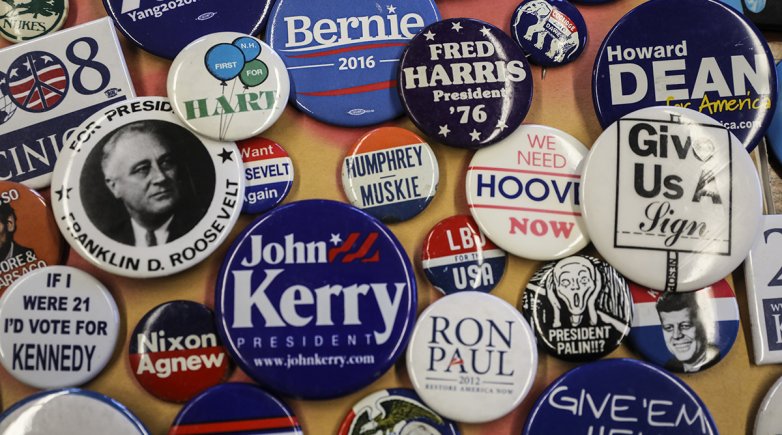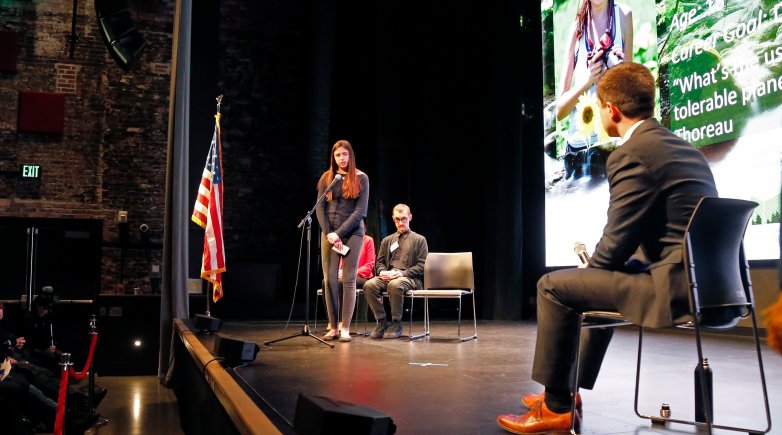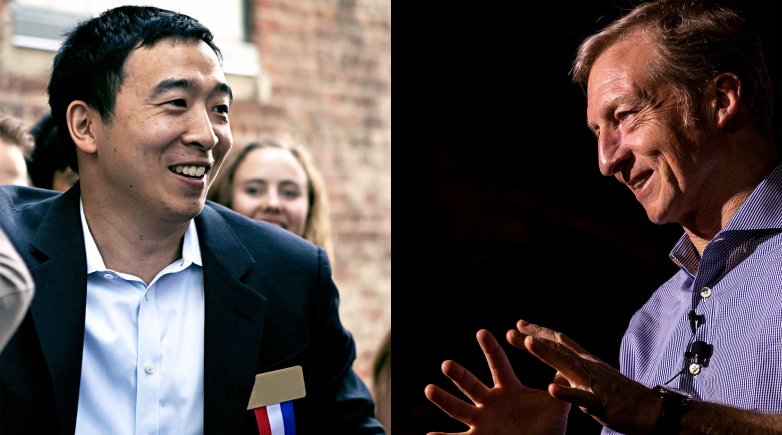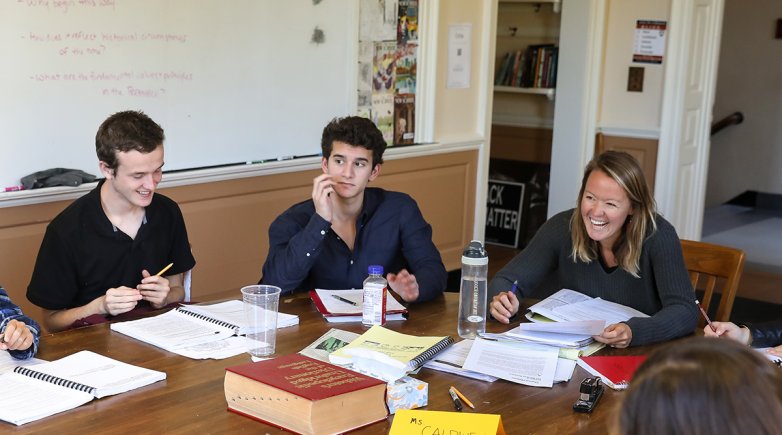Discourse with decorum
Ahead of the 2020 election, Principal Rawson sets community expectations for political discussion.
With Election Day fast approaching, political engagement throughout the country has hit a fever pitch.
As students on campus and afar witness and, in some cases for the first time, participate in the democratic process, Principal Bill Rawson ’71; P’08 encouraged community members, “to engage in civil discourse in a way that respects the dignity and equal worth of every other member of our community.”
In a letter sent last Friday to students, faculty and staff, Rawson acknowledged the current political and social climate in the United States as particularly divisive and reaffirmed the Academy’s intolerance of hate speech or expression in any form, including any speech or other expression that promotes violence, discrimination, harassment or hate speech.
“At Exeter,” Rawson wrote, “we strive to create a community where we can seek out perspectives different from our own, be challenged in our beliefs, and learn from each other. This requires that we act and engage with empathy. Empathy does not require agreement, but it does require that we try to understand the feelings, thoughts and experiences of others, and to anticipate our impact on others. This may mean engaging in open, curious and thoughtful discourse. It may also mean recognizing when conversation is not welcomed by another person.”
Exeter History Instructor Bill Jordan, a veteran in facilitating classroom political conversations, says he’s been encouraged by the level of civility students in his History 550: American Politics and Public Policy have demonstrated during recent discussions.
“Harkness is a training for people to respectfully engage with each other,” Jordan says.
Jordan says he advocates for his students to follow the principles of “deep canvasing” in an attempt to bridge the seemingly widening divide among political ideologies.
“Instead of trying to just get people to vote for your [candidate], actually listen to people and ask them questions to understand what they’re saying and foster conversations,” he says.
History Instructor Sally Komarek says the Harkness discussions in her classes allow for analysis of modern issues from a broader perspective.
“I find it rewarding to discuss core issues and ideologies without the rigidity of our current political divide,” she says. “The history classroom is a space to interrogate ideas, ideals, and structures of government and the goal is for students to arrive at a stronger point of understanding through discussion.”
Rawson announced a change to the academic schedule for Nov. 4, the day after the election, to “give time and space for conversation, reflection and support.” Rawson also said the Academy will support eligible students who wish to vote get to the polls and encouraged all members of the community to vote.



